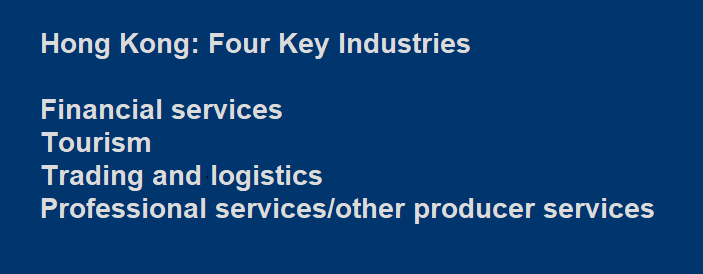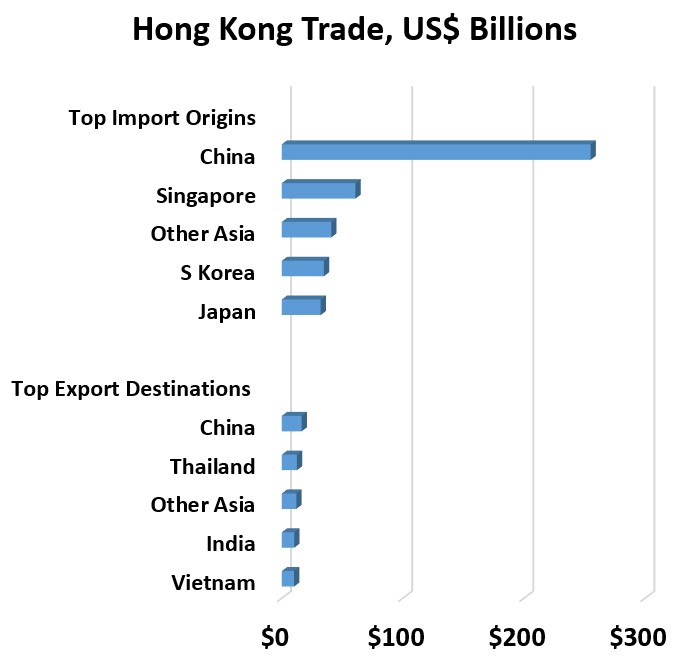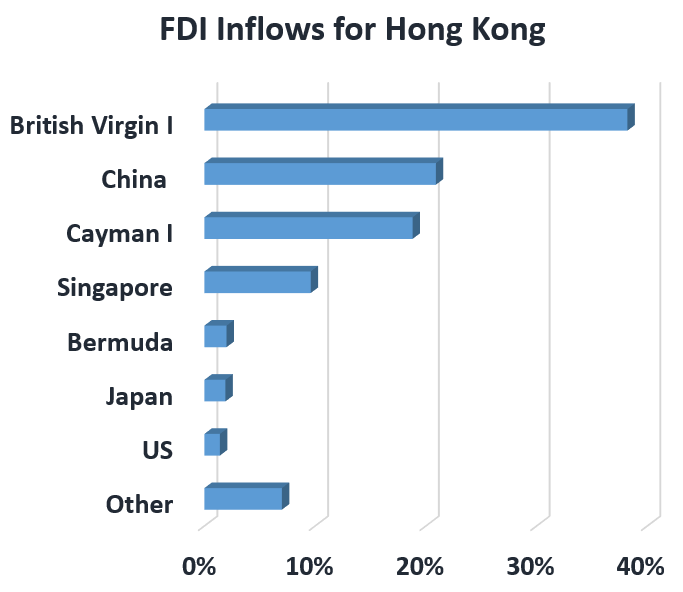Moment of Truth for Hong Kong and China: The Hill
Moment of Truth for Hong Kong and China: The Hill

"No reasonable person can assert that Hong Kong maintains a high degree of autonomy from China, given the facts on the ground," US Secretary of State Mike Pompeo announced.
Read the opinion essay from the Hill about measures the United States could take to respond to China’s proposed national security law for Hong Kong.
Joseph Bosco served as China country director for the secretary of Defense from 2005 to 2006 and as Asia-Pacific director of humanitarian assistance and disaster relief from 2009 to 2010. He is a nonresident fellow at the Institute for Corean-American Studies and a member of the advisory board of the Global Taiwan Institute.
Also read the article from Reuters about “How Ending Hong Kong’s ‘Special Status’ Could Affect US Companies.”
https://www.state.gov/reports/2019-investment-climate-statements/hong-kong/
Also read the US State Department’s “2019 Investment Climate Statements: Hong Kong”:
“Hong Kong remains an excellent destination for U.S. investment and trade. Despite a population of less than eight million, Hong Kong is America’s tenth-largest export market, seventh-largest for total agricultural products, and fifth-largest for high-value consumer food and beverage products…. Hong Kong hosts a large number of regional headquarters and regional offices. More than 1,400 U.S. companies are based in Hong Kong, with more than half regional in scope.”
The statement considers policies on foreign direct investment, limits on foreign control and right to private ownership, transparency of the regulatory system, judicial independence, competition and anti-trust laws, dispute settlement processes, bankruptcy regulations, investment incentives, intellectual property rights, money and banking system, corruption, labor policies and more.

